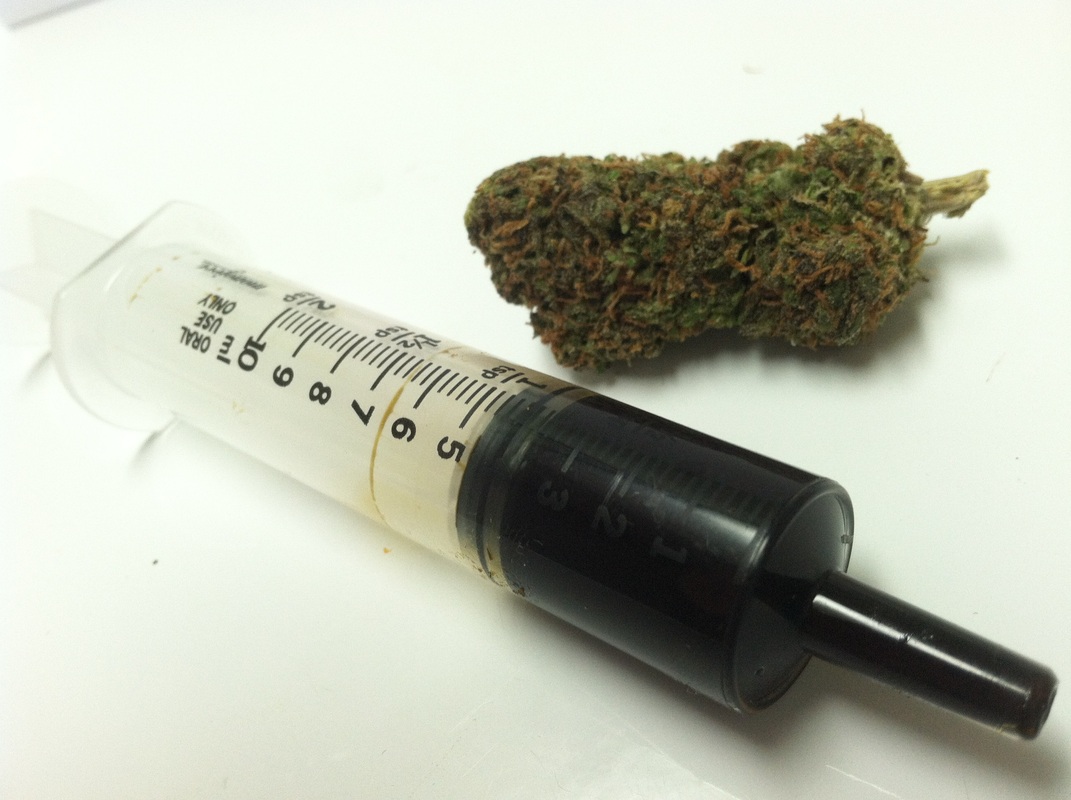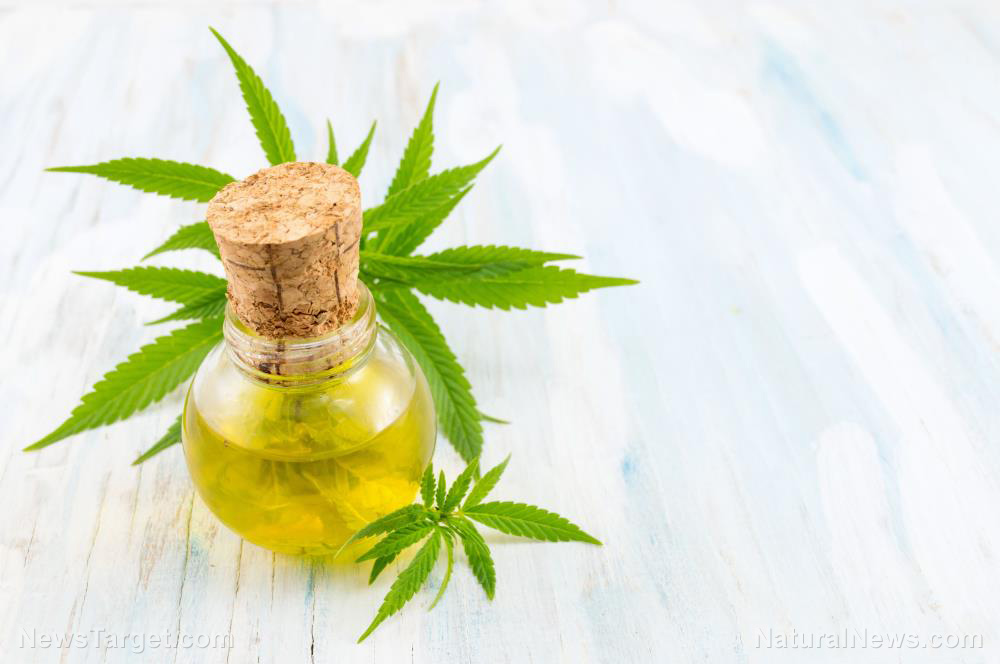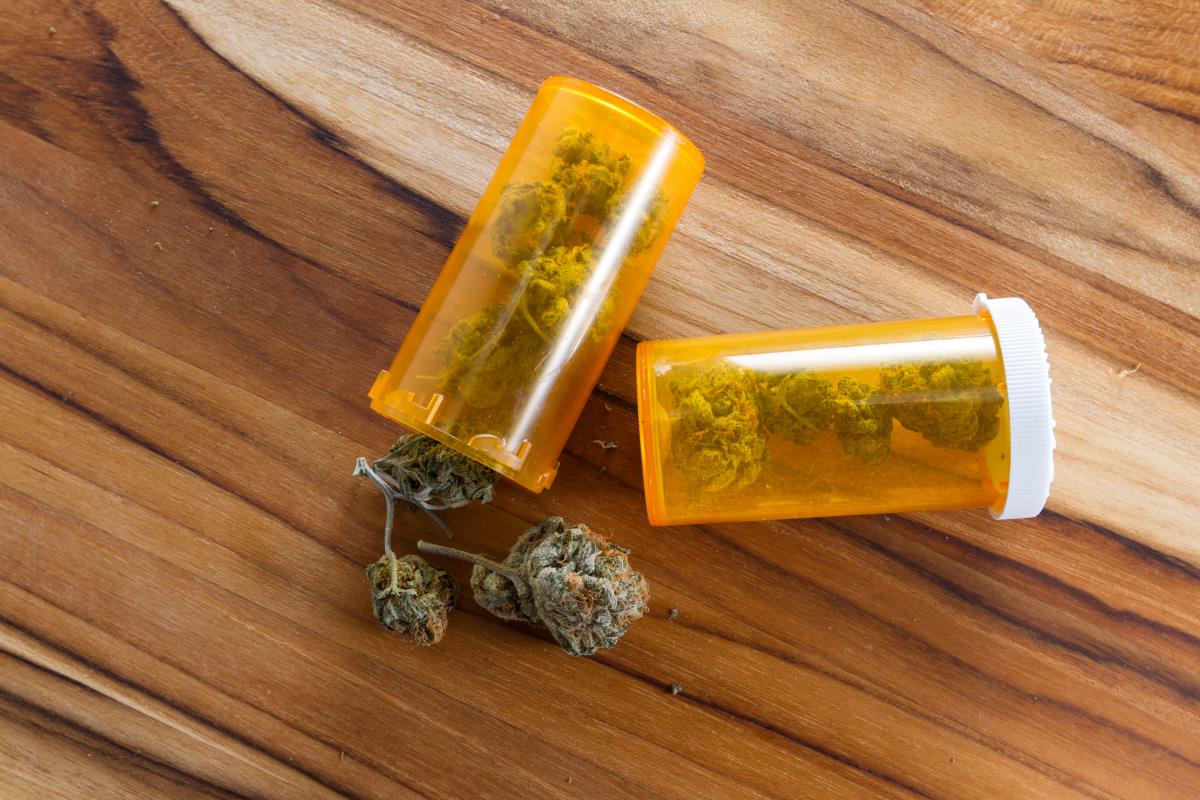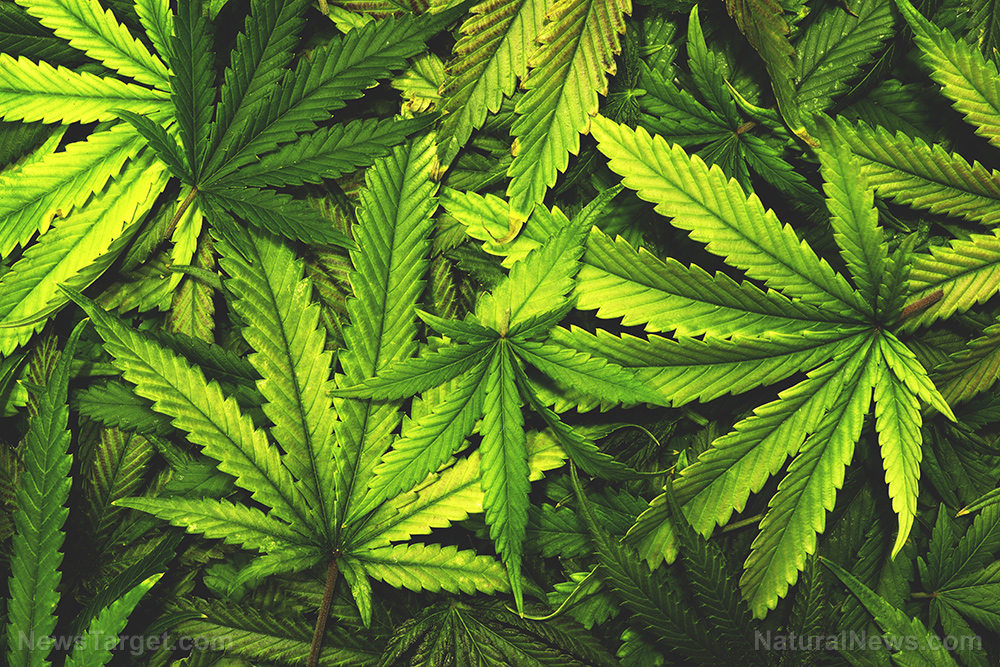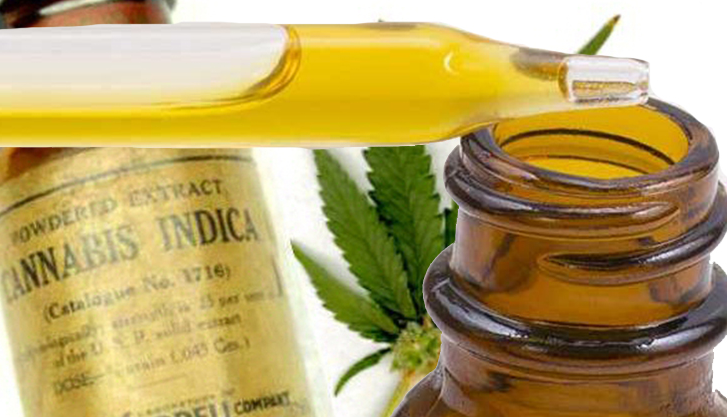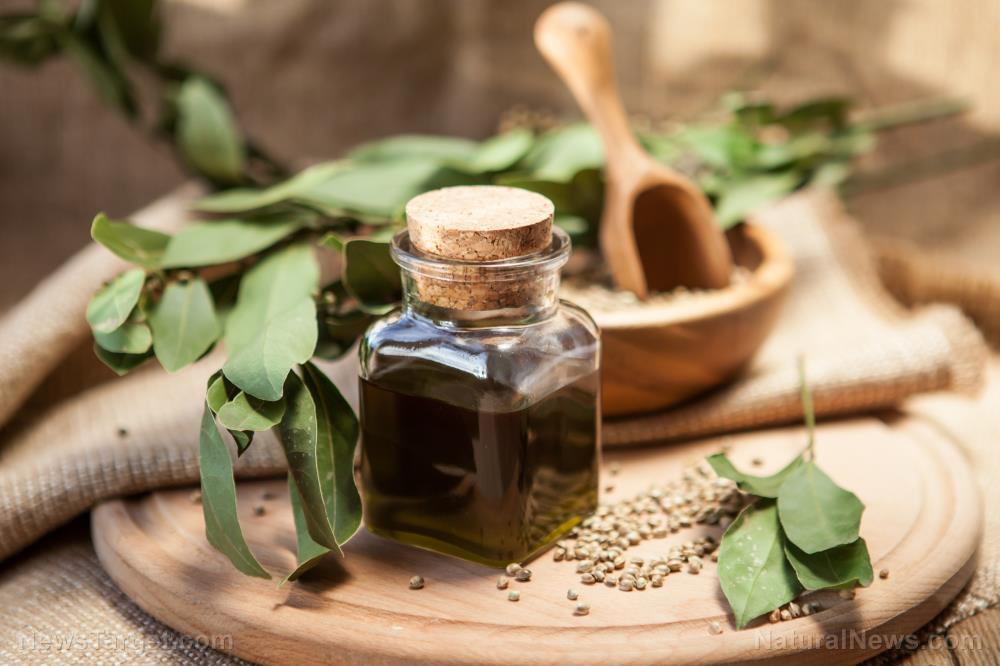Where medical marijuana is available, death rates from opioid abuse are lower, according to study
04/29/2019 / By Tracey Watson
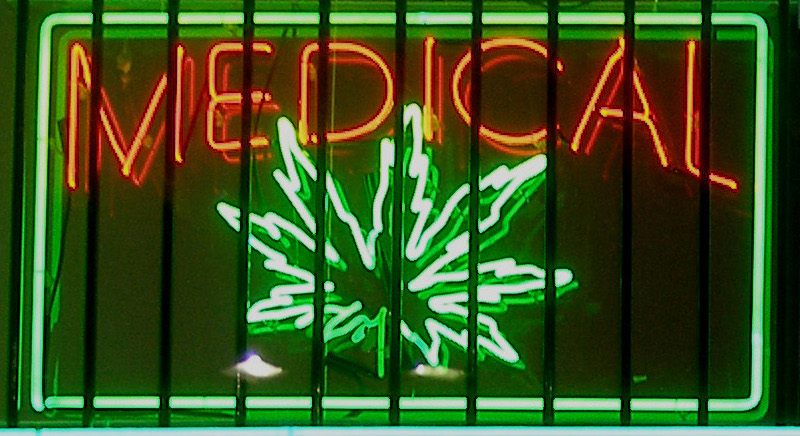
If someone asked you to name the leading cause of accidental death in the United States, what would say? For many of us, the most obvious answer would be motor vehicle accidents. After all, virtually every American in the country spends time in a car or bus every day. If that was your answer, however, you would be wrong. The actual leading cause of not only accidental deaths, but all deaths in Americans under the age of 50 is drug overdose, in most cases, as the result of opioid addiction.
The opioid epidemic has been reported on so extensively that it almost feels like “old news.” The reality is incredibly shocking, however, and we cannot allow ourselves to become numb to the facts. This is a crisis that affects rich, poor, black, white and Hispanic, the old and the young. And it is growing at an alarming rate. According to CBS News, the number of overdose deaths rose a stunning 19 percent in just one year between 2015 and 2016, and that number has continued to skyrocket ever since.
President Trump declared the opioid crisis a public health emergency back in 2017, but despite his efforts and those of the health community in general, the epidemic continues to spiral out of control. Interestingly, however, a recent study by researchers from the University of Arkansas at Little Rock, Claremont McKenna College and the University of Georgia, found that in communities where medical marijuana has been legalized and dispensaries are freely available, the number of opioid and overdose deaths has decreased significantly. (Related: Opioid epidemic reaches whole new crisis level as Big Pharma drugs out America for profit.)
More marijuana dispensaries = fewer opioid deaths
As reported by News Wise, research has found that simply changing laws to legalize marijuana use does not necessarily have any real impact on opioid-related deaths. However, the researchers in the study found that where the laws are changed and medical marijuana becomes easily accessible at local marijuana dispensaries, there is a real impact on the number of people who die of opioid overdoses in the community:
The researchers reviewed mortality records obtained from the Centers for Disease Control spanning from 2009 to 2015 to determine if the presence of dispensaries in counties that have medical cannabis laws had an effect on deaths that involved prescription opioids, synthetic opioids, and heroin. The results indicate that legal access to drugs at the county level can mitigate the opioid epidemic.
In states that have medical cannabis laws, the researchers found that mortality rates among non-Hispanic white men related to opioids and prescription opioids declined by 6 to 8 percent in counties that have dispensaries, when compared to counties that do not have dispensaries. Meanwhile, mortality due to heroin overdose in non-Hispanic white men due to heroin overdose declined by more than 10 percent.
Dr. Rhet Smith, assistant professor of economics at the University of Arkansas, Little Rock, and the study’s lead author, notes that the medical community in the United States has been grappling with ways to turn the tide on the opioid epidemic for years, but with little success. And he adds that simply passing cannabis laws is not enough.
“Once the dispensaries open and people can legally access these drugs, that is when you see the changes in mortality rates,” Smith said. “The legalization of marijuana and the opioid epidemic are topics that haven’t been thoroughly explored. We hope to shed light on the spillover effects that arise from changes in policies and law and increased substance abuse in the United States.”
Learn more about the nation’s greatest healthcare crisis at Opioids.news.
Sources include:
Tagged Under: addiction, cannabis, health freedom, Herbs, marijuana, marijuana dispensaries, medical marijuana, natural medicine, Naturopathy, opioid crisis, Opioids, overdose, overdose deaths, pain management



